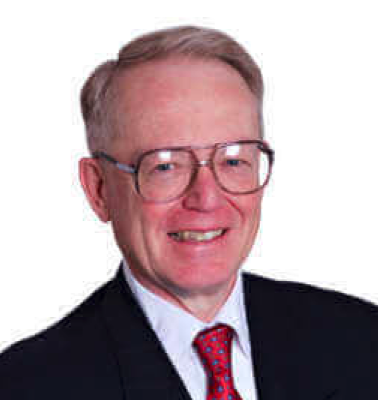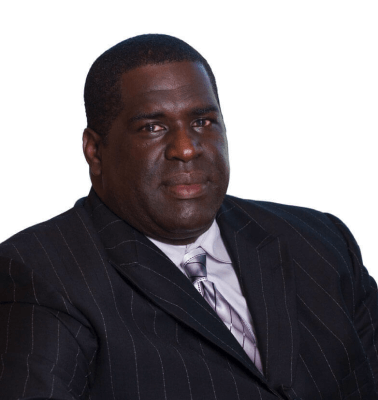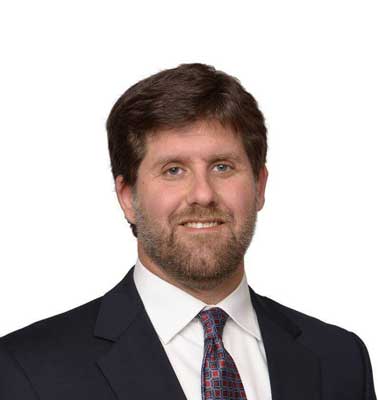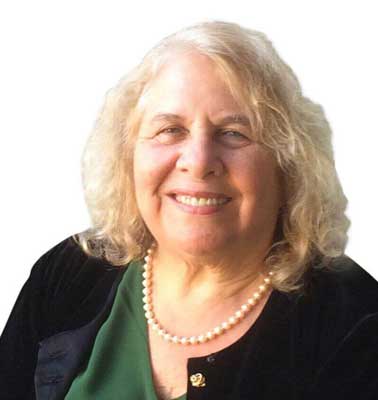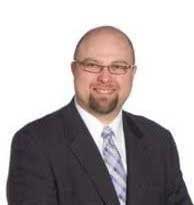How the DUI attorney can attack a high breath test score during closing argument
In many DUI cases, the charge of drunk driving is based on a high blood alcohol concentration (“BAC”) as determined by a chemical breath test. In some cases, however, the test is flawed and produces questionable BAC results. In those types of case, the defendant’s DUI lawyer must show the jury how the alleged BAC number does not correlate with the other evidence. In the following example of a closing argument, the defendant’s DUI attorney shows the disconnect between the defendant’s supposed BAC and the facts of the case:
“So here we are at the end of the case. You have heard all that the prosecution had to give you. They have no more evidence, no more witnesses, no more opinions. They gave it all, and yet it was not enough. I say this to you because the evidence they presented does not match up. If you look at each piece of evidence, it doesn’t make sense.
The reason why Bill was stopped was a technical violation. He had a busted taillight. Now ask yourselves, how does a broken light indicate drunk driving? It doesn’t. Such a violation is no more an indication of DUI then a light out in the home is indication of a drug user.Next, we have the field tests. Both the officer and the experts agree that Bill’s performance on these tasks, while not perfect, was relatively good. Bill had good mental ability and understood the complex tasks he was supposed to do. His only issue was in the physical performance.
Well, what do we know about alcohol and its effects on people? We know, from every witness in this case, that alcohol has a very specific chronology of effect, and it starts with the brain. Evidence of mental impairment must appear before there will be evidence of physical impairment. This means the converse is true; physical impairment without evidence of mental impairment cannot be a result of alcohol. Such results, physical problems, without mental issues, indicate a lack of coordination, physical disability or the like. In this case, Bill’s performance indicates a lack of mental impairment and therefore is not alcohol related.
So, ladies and gentlemen, we have a person who exhibited no bad driving, does not appear to be under the effects of alcohol, and yet the DA is urging a conviction. What does the DA ask you to use in this decision? A chemical test. But not just any chemical test, one with a result that everyone agrees should make a person hammered.
The test result in this case is a .16. The experts all told you that such a number indicates consumption of about 9 or 10 beers. The person should be falling down drunk. Yet Bill is not even close to that. Can we trust this test?
Here is another factor in deciding that all-important question: Bill never had to use the bathroom. Think about that. In the three hours he was with the officers, with ten beers in his body, Bill never has to pee. Does that make sense? Is that believable? I don’t think any of you would be able to do that, because no one can.
Where does this leave us? Bill has no bad driving, no mental impairment, does not have to use the bathroom and yet is alleged to have 10 beers on board. This defies logic so the prosecution forwards two unsubstantiated theories; that Bill is tolerant to alcohol, and that he has a huge bladder. We on the other hand merely forward the Sesame Street/Occam’s Razor scenario.
Occam’s Razor is a scientific principle that holds that, all things being equal, the simplest explanation is usually the truth. Apply that here. The simplest explanation, that of the defense, is that there is a problem with the chemical test. Since none of us were there, it is impossible for us to definitively show this, but it also impossible for the prosecution to definitively disprove this. Since the burden is on the prosecution, and they have not met it, then the defendant is entitled to this simple explanation in his benefit. That is, that you can assume the machine was not properly working and the results are not trustworthy.
On the other hand, the prosecution, as mentioned before, forwards two complex theories. First that Bill has somehow developed the ability to mask huge amounts of alcohol from both his mental and physical performance. Second that he has trained his bladder. This is ridiculous.I mentioned Sesame Street. How many of you remember the “One of these things is not like the other”? That was where the performer put up a board with four squares. Each square had one object in it. Three of the objects were obviously the same and one was not. The children had to figure it out. Well, ladies and gentlemen, let’s do that here.”
[The DUI attorney then displays to the jury the following chart:]
| No bad driving | Good SFST |
| Says 2 beers | .16 |
“It is as easy as Sesame Street to see which one of these things does not belong. Just as it is as easy to find Bill not guilty.”
As this example shows, a competent and experienced DUI attorney knows how to create a persuasive closing argument. A successful closing argument reveals the problems with the prosecution’s evidence, counters the prosecution’s arguments, and convinces the jurors to find that the defendant is not guilty.



